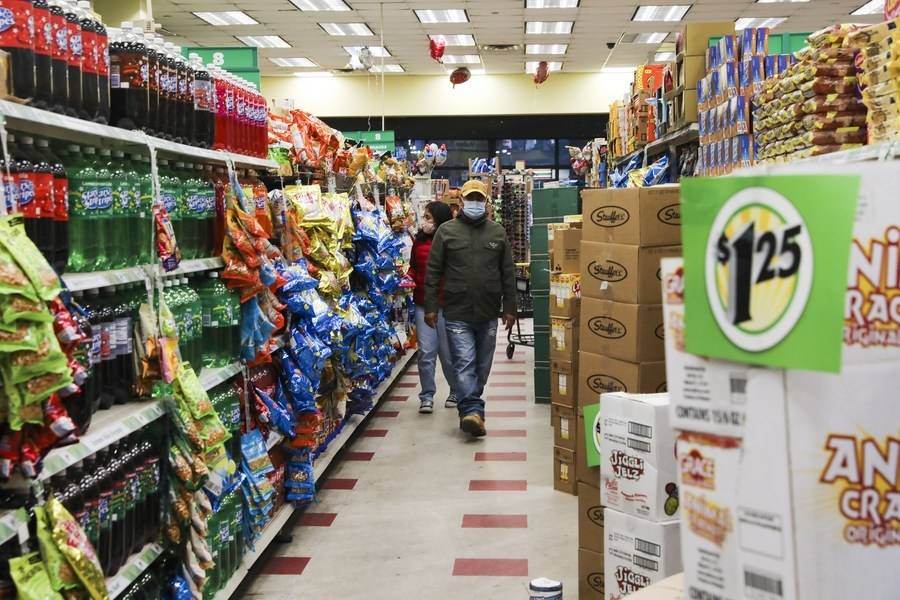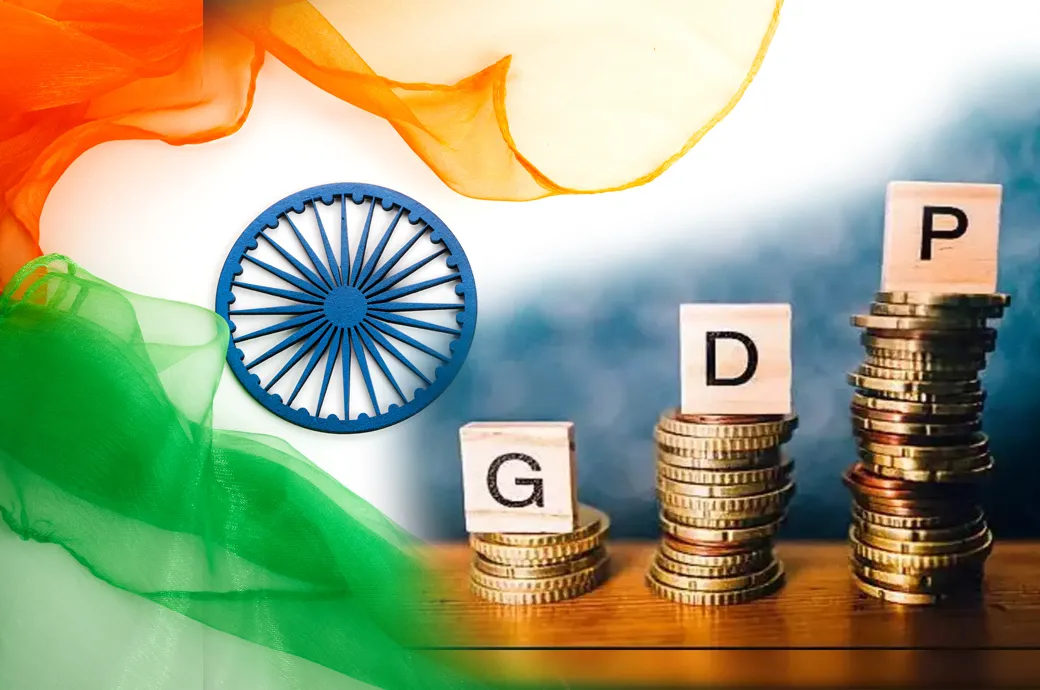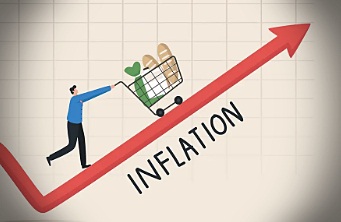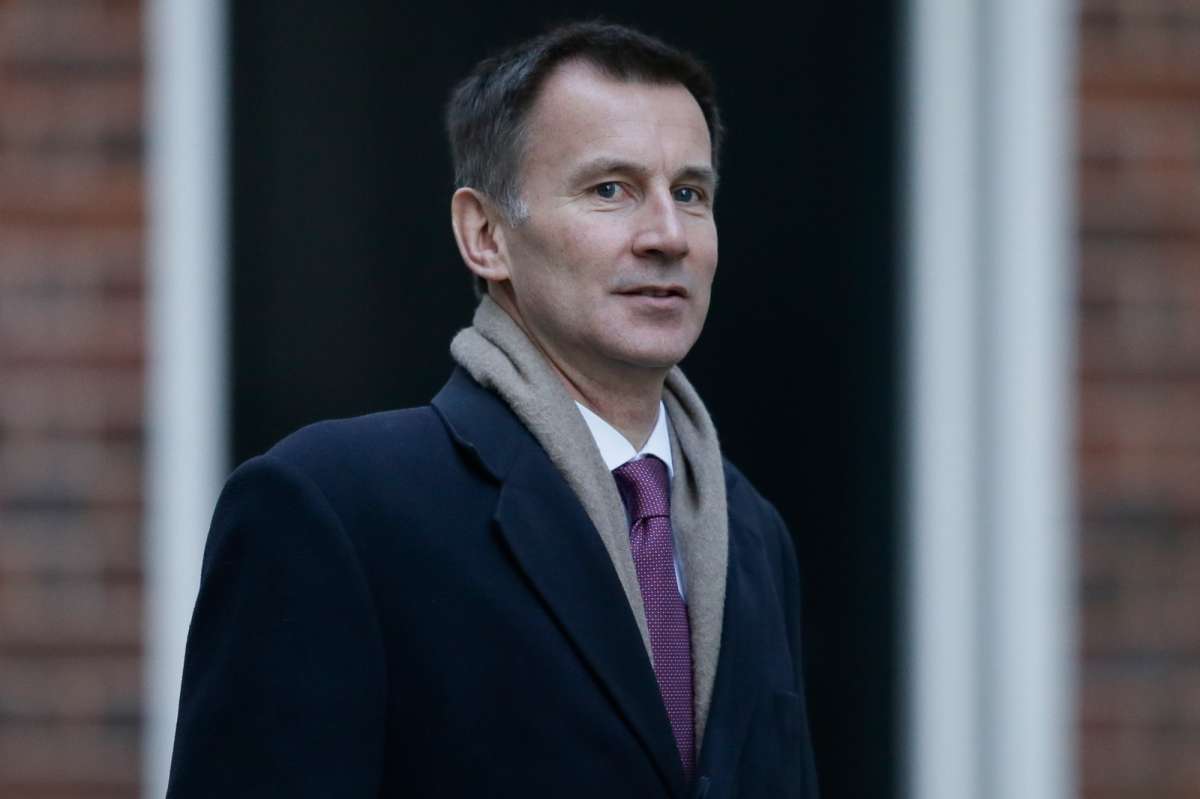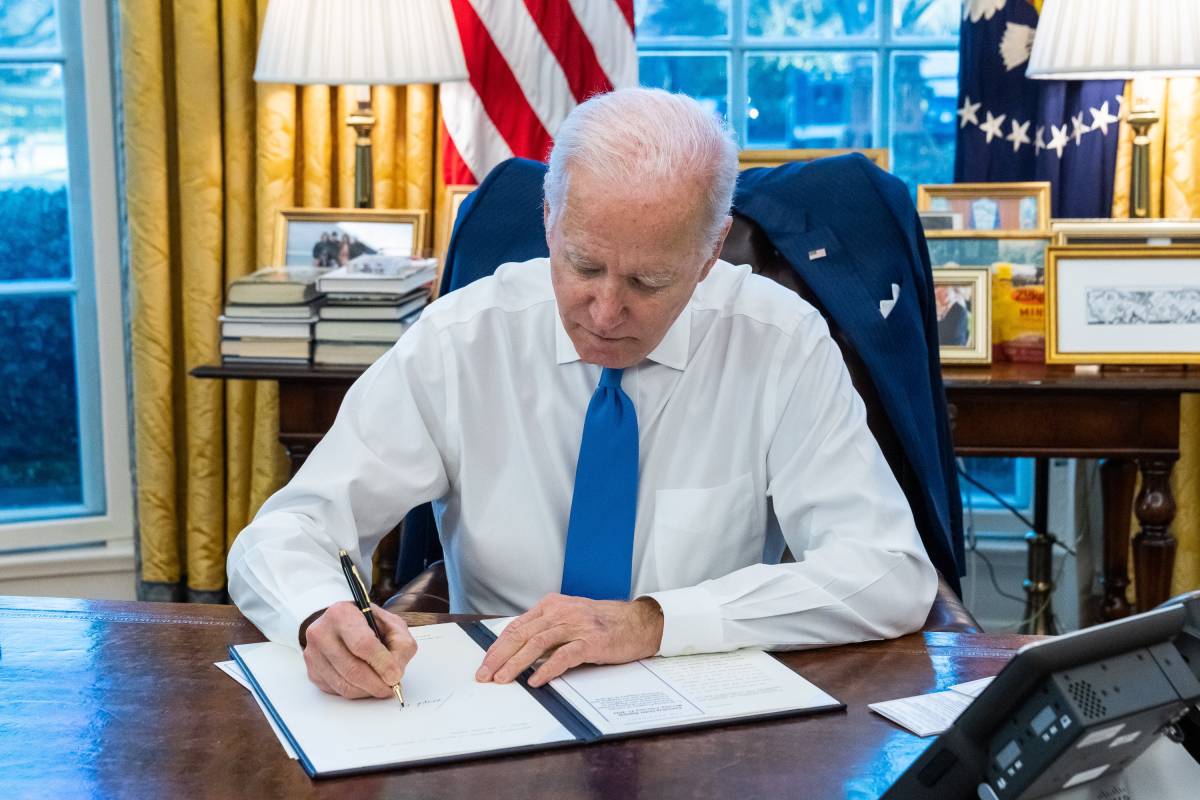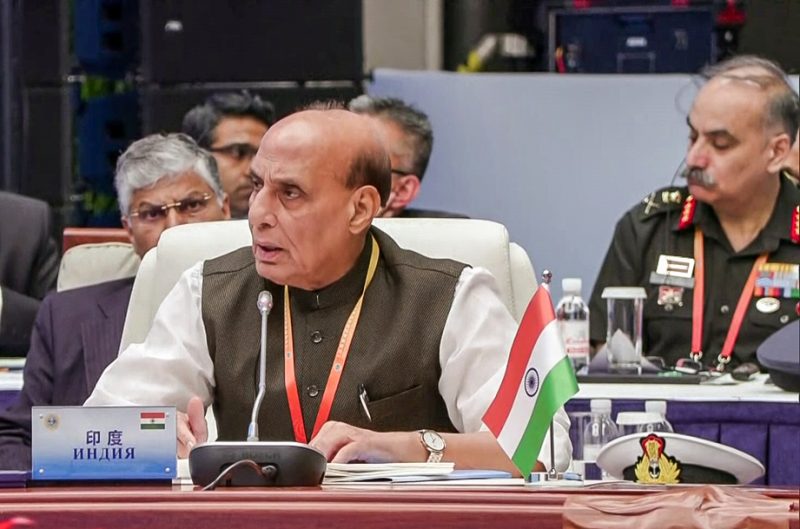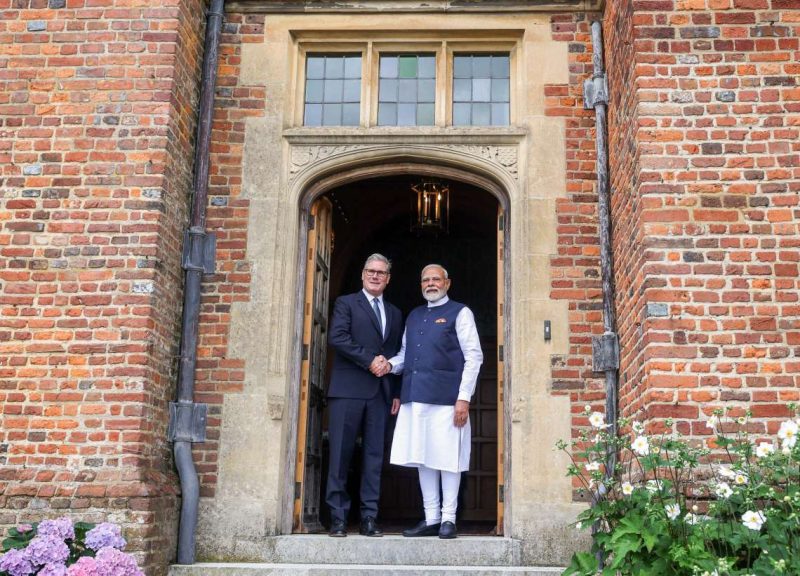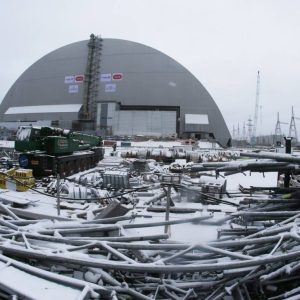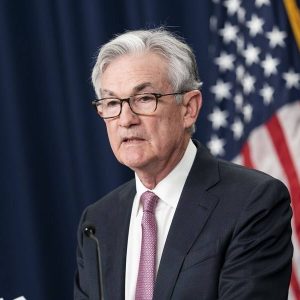Till now, the crisis has led to a global spike in international prices of crude oil, natural gas, coal, nickel, copper, aluminium, titanium and palladium…reports Rohit Vaid
The rise in the cost of commodities led by the Russia-Ukraine war is expected to trigger an inflationary trend in India. The blow is expected to push up prices of everything from food items to manufactured goods.
Besides, the trend might force the Reserve Bank of India’s Monetary Policy Committee to raise key lending rates, thereby hitting the automobile and housing sectors.
India’s main inflation gauge — Consumer Price Index (CPI) — which denotes retail inflation, has crossed the RBI’s target range in January.
Till now, the crisis has led to a global spike in international prices of crude oil, natural gas, coal, nickel, copper, aluminium, titanium and palladium.
Moreover, India is a major importer of these precious as well as industrial commodities. Furthermore, high prices of Potash and natural gas will drive up fertiliser cost.
Similarly, expensive coal and nickel will push up steel as well as cement prices. But, the main concern for India is the impact high crude cost will have on domestic prices of petrol and diesel.
Lately, Brent-indexed crude oil price has skyrocketed. On Friday, it stood at $112 per barrel. Just a few days ago, Brent crude oil price rose to a 14-year high and crossed the $130 per barrel mark. The price neared the $140 per barrel mark but retreated thereafter.
India imports 85 per cent of its crude oil needs, and estimates range from Rs 15 to Rs 25 per litre rise in prices of transportation fuels. However, an excise duty cut may lessen the impact on prices of petrol and diesel to an extent, but not entirely.
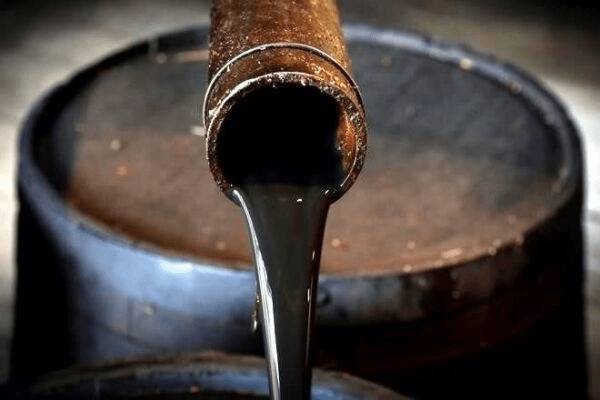
Industry calculations cite that a 10 per cent rise in crude oil prices adds nearly about 10 basis points in CPI inflation. “Inflation risks could also become material, especially as pump prices are still subdued,” said Madhavi Arora, Lead Economist, Emkay Global Financial Services.
“Not accounting for a full pass through oil prices to retail pump prices, retail inflation in FY23 could be 120 basis points higher than that of the RBI’s modest estimate of 4.5 per cent.”
According to Suman Chowdhury, Chief Analytical Officer, Acute Ratings & Research: “There is a significant likelihood of CPI averaging 6 per cent in FY23 if crude oil prices remain above $100 per barrel over an extended period.”


